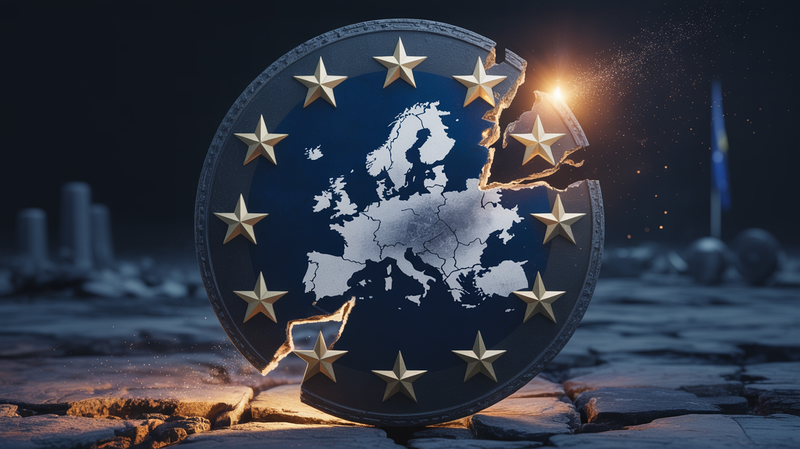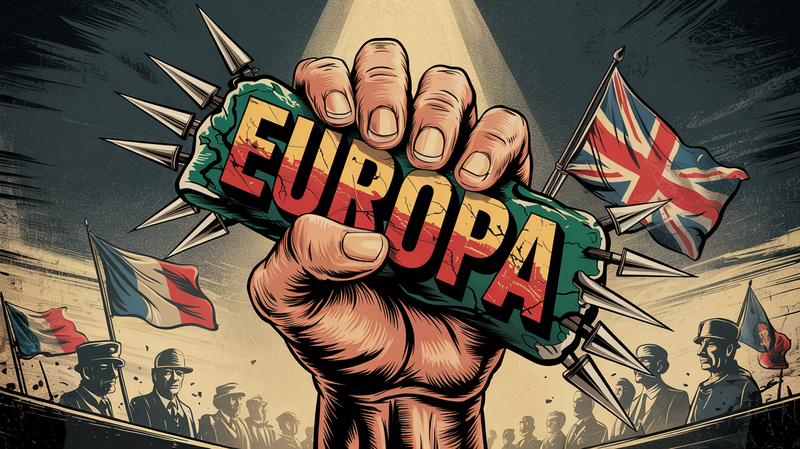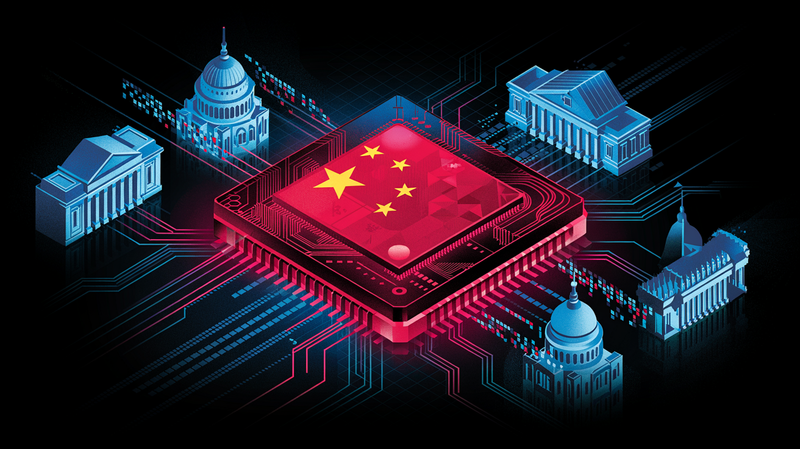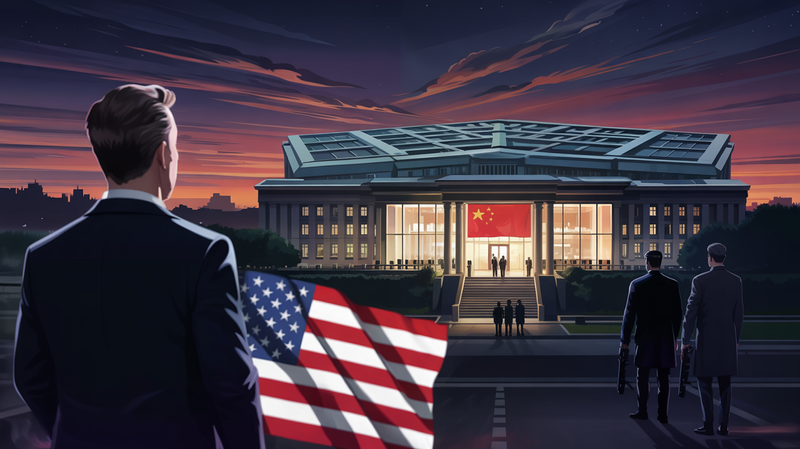Zelensky's Diplomatic Tightrope: Balancing National Pride and International Relations
As President Volodymyr Zelensky navigates the turbulent waters of international conflict and domestic expectations, Ukraine finds itself embroiled in a trade disagreement with a key ally, Poland. The contention, primarily revolving around grain, has reached the World Trade Organization (WTO), magnifying the discord at a perilous time. Background: The Strained
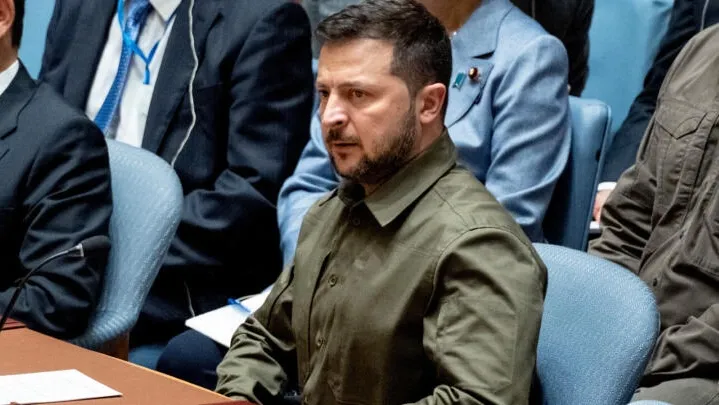
As President Volodymyr Zelensky navigates the turbulent waters of international conflict and domestic expectations, Ukraine finds itself embroiled in a trade disagreement with a key ally, Poland. The contention, primarily revolving around grain, has reached the World Trade Organization (WTO), magnifying the discord at a perilous time.
Background: The Strained Alliance
Poland, a steadfast supporter of Ukraine amid Russian incursions, perceives this legal action as ingratitude for their ongoing assistance, especially given their extensive contributions to Ukraine's defense. The disagreement arose as Poland's Law and Justice Party (PiS) imposed a ban on Ukrainian grain, a move aimed at placating its rural voter base. The PiS, facing potential electoral defeat, seeks to portray itself as the defender of Polish agriculture against foreign competition.
Zelensky’s Dilemma
President Zelensky is caught in a conundrum. Ukraine has garnered international support by portraying itself as a victim of unprovoked Russian belligerence, earning it crucial military, economic, and political backing. The implicit expectation, however, is that Ukraine would remain grateful and accommodating to its allies.
Conversely, Zelensky promotes a counter-narrative within Ukraine, positioning the nation not as a dependent beneficiary but as a resolute defender against Russian malevolence, paying the price for global freedom. This portrayal asserts that the West owes a debt of gratitude to Ukraine for its sacrifices, converting assistance into an obligation rather than charitable support.
Implications and Risks
While fostering national pride and resilience, such a stance risks alienating crucial allies who, despite their commitment to Ukraine's cause, may grow resentful of perceived arrogance. Consequently, any semblance of internal discord amongst Ukraine and its Western allies might be perceived as a victory by Russia, reaffirming Vladimir Putin's strategy to exhaust Western resolve and exploit emerging fissures between EU nations. The trade discord highlights the potential divergences within the European Union, as Warsaw's stance contradicts Brussels, which had rescinded the restriction on Ukrainian grain.
Resolution and Unity
To counteract Russian aggression effectively, Ukraine and its allies must showcase a united front, refuting Putin’s presumption of a wavering West. This necessitates mutual respect, restrained posturing, and coherent collaboration between Ukraine and its allies, minimizing harmful rhetoric and unnecessary escalations.
President Zelensky and his Polish counterparts must reconcile their differing perspectives and realize that their destinies are intertwined in this geopolitical struggle. A united approach, replacing contention with collaboration, is paramount in fostering an environment conducive to shared goals and mutual prosperity. Both nations, bound by common objectives and shared threats, must learn to harmonize their efforts, navigating the tumultuous seas of international diplomacy with synchronized precision.

